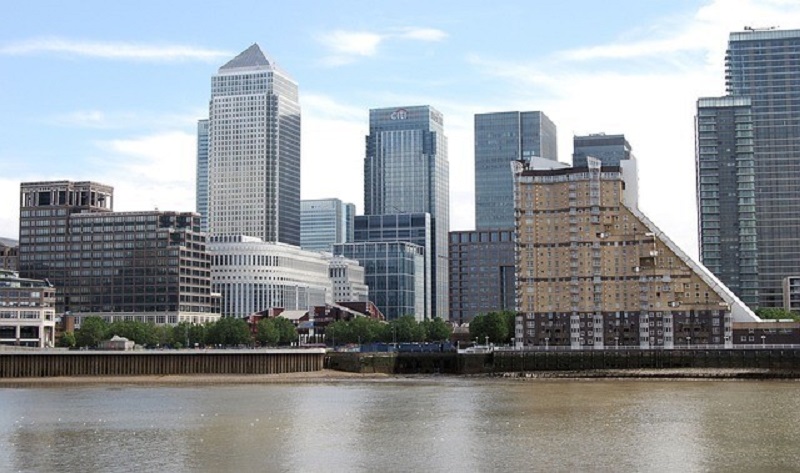As London Stock Exchange rang in 2019 at its famed Market Open Ceremony, there was good reason to be optimistic. London’s stock market survived a year of vicissitudes and volatility, and investors emerged resilient and ready to claw back even as market commentators predicted a stellar 2019.
The winds of change are palpable, and the optimism is not unfounded. A Barron’s report exhorted investors to invest in FTSE 100 in 2019 because the British economy was enjoying the ‘best of times’. Capital Economics, a London-based consulting firm, endorsed this view and explained that the optimism stemmed from the reasonable performance of the British economy over the past two years. Market commentators hail the absence of imminent economic weakening and the ability of the economy to withstand Brexit uncertainties.
When the London Stock Exchange hosts the Elite Investor Forum on January 29, where the participating UK private companies will present their growth stories, it will be symbolic of this pervasive optimism that will dominate investor sentiment this year. Events like these are great opportunities for investors interested or already involved in share dealing, who may also rely on online platforms that provide access to more than 19,000 stocks across core and emerging markets on 36 exchanges to keep up to date with the latest developments.
FTSE 100 truly represents London’s global character

Source: Pixabay
London, where 40% of the world’s foreign equities are traded, is truly a global city. The FTSE 100 also reflects this characteristic of the UK economy today. At its inception in 1984 at 1000 points, the FTSE had 100 home-grown UK-focussed businesses and conglomerates that embellished the index. Today, only 28 of the original hundred names remain, and the rest have been replaced by international juggernauts. The FTSE 100 has evolved from a UK-centric index to one that represents the global economy through mergers, new listings, and globalisation, underscoring the importance of a stock-trading platform that allows investors to track the global markets.
Significantly, the financial sector, represented by banks, financial services firms, real estate investment firms, and REITS, dominates the FTSE 100 too, with a weighting of 20.46 as of 31 December 2018, according to Siblis Research. Interestingly, HSBC Holdings, a London-headquartered global bank, is the largest individual component on FTSE 100 with a weighting of 7.7. This global nature of FTSE 100 is perhaps a pointer to where the city of London will drum up business in future if business from Europe were to reduce drastically.
In London resides an established infrastructure comprising an array of global investment banks and emerging market fund managers and specialist investors. The UK could potentially start doing trade deals with some of the fastest-growing and exciting economies. This would position London as a truly international centre of trade and finance. Thus, it would not be an exaggeration to say that London Stock Exchange, as the most international component of the UK economy, provides us with a glimpse into a future where global business would far outweigh European business. Needless to say, London will be at the heart of this transformation.




